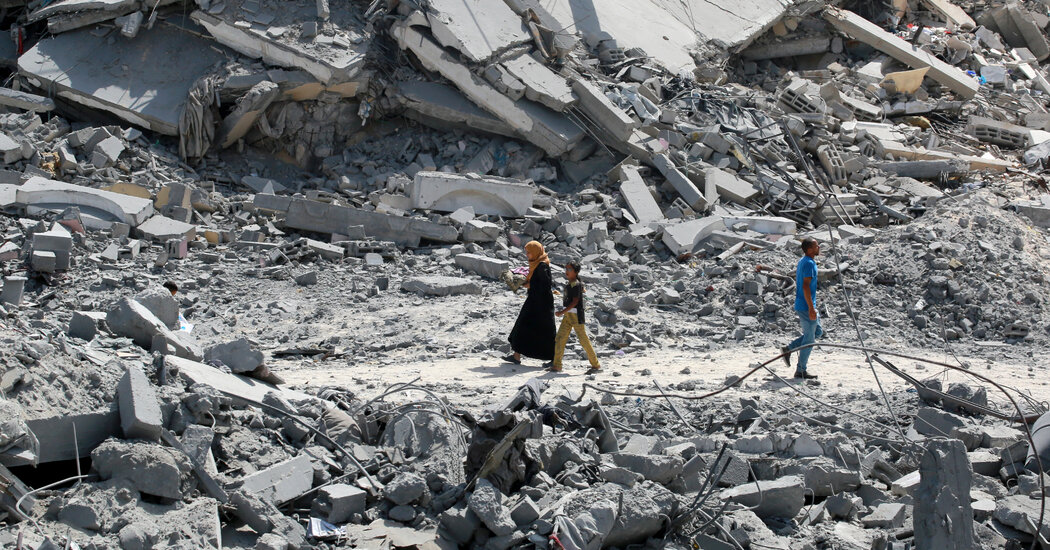Israeli leaders are set to discuss their response to a cease-fire proposal put forth by Hamas, the militant group that controls the Gaza Strip. The proposal comes after weeks of escalating violence between Israel and Hamas, which has resulted in dozens of deaths on both sides.
The cease-fire proposal, which was brokered by Egypt, calls for an immediate cessation of hostilities and the opening of border crossings to allow for the flow of humanitarian aid into Gaza. It also includes provisions for the reconstruction of infrastructure that has been damaged in the recent conflict.
Israeli leaders are now faced with a difficult decision as they weigh the potential benefits of a cease-fire against the risks of agreeing to a truce with a group that has been responsible for numerous attacks on Israeli civilians in the past. Prime Minister Benjamin Netanyahu has stated that Israel will do whatever is necessary to protect its citizens and ensure the security of the country.
On the other hand, some Israeli officials have expressed a willingness to at least consider the cease-fire proposal in order to prevent further loss of life and destruction in Gaza. Defense Minister Benny Gantz has said that Israel will continue to strike Hamas targets as long as necessary, but that he is open to exploring diplomatic solutions to the conflict.
The discussions among Israeli leaders are likely to be heated and contentious, as there are strong opinions on both sides of the issue. Some believe that Israel should take a hardline approach and continue its military offensive against Hamas until the group is completely defeated, while others argue that a cease-fire is the only way to prevent further bloodshed and suffering.
Ultimately, the decision on how to respond to the cease-fire proposal will have far-reaching implications for the future of the Israeli-Palestinian conflict. If Israel agrees to a truce, it could lead to a period of relative calm and stability in the region. However, if the cease-fire is rejected, the violence could escalate even further, with potentially devastating consequences for both Israelis and Palestinians.
As Israeli leaders gather to discuss their next steps, the world will be watching closely to see how they choose to proceed. Whatever decision is made, it is clear that the path to peace in the Middle East remains a challenging and complex one.


